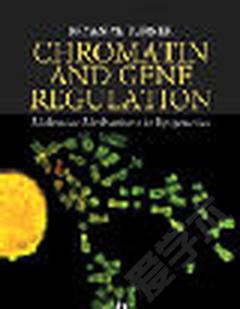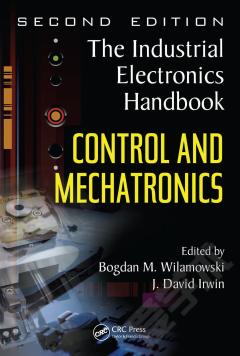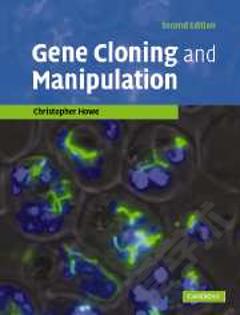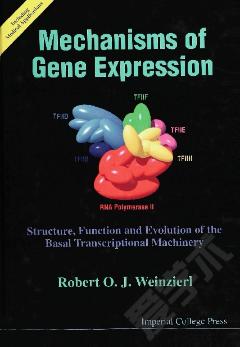Gene Transcription —— Mechanisms and Control
Transcription is the focus of much cutting-edge research, as befits its essential place in biology. The established link between defects in gene transcription and many human disorders has fuelled considerable activity in the biomedical arena, particularly cancer research. This concentration of attention has uncovered a myriad of factors involved in transcription and the literature is now rife with jargon and complexity. Gene Transcription: Mechanisms and Control aims to demystify the subject for a non-expert audience, providing a guided tour around the complex machinery of the transcriptional apparatus and discussing how the various factors achieve their functions. By focusing on general principles and illustrating these with a select group of examples, many of which are linked to human diseases, the author conveys the intricacies of transcriptional control in an accessible manner. With the first chapter presenting an overview of gene expression, this is a 'stand-alone' text, ideal for advanced level undergraduates and postgraduates in biology, biochemistry and medical sciences. It will also appeal to research scientists who require a broad current perspective on this rapidly moving and complex field. Provides a broad and accessible introduction to gene transcription. Up-to-date coverage of the major topics in a rapidly evolving field. Illustrates the links between aberrant transcription and human disease. Explains the jargon associated with transcription factors.
{{comment.content}}








 京公网安备 11010802027623号
京公网安备 11010802027623号